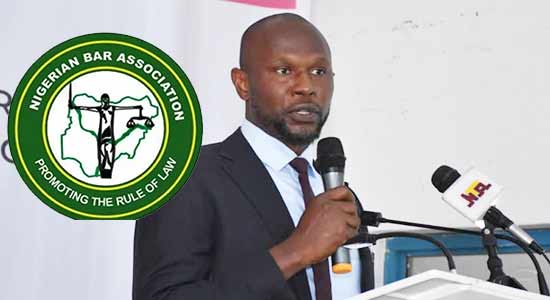According to a statement issued by Obioma Ezenwobodo, a lawyer and the Chairman of the NBA Garki Branch, concerns have been raised regarding the viability of the recently passed Students Loan (Access to Higher Education) Act, 2023 in Nigeria.
Ezenwobodo highlighted the historical failures of previous loan schemes and questioned the need for such a policy at a time when unemployment and poverty rates are high.
The statement points out that the Nigerian Students Loan Board, established as early as 1972 to
address manpower deficiencies, failed due to poor repayment by beneficiaries who had secured good jobs after graduation.
Given the current surplus of manpower, widespread unemployment, and a struggling economy, Ezenwobodo questions the rationale behind implementing a loan policy that may not effectively benefit the students it intends to support.
Ezenwobodo argues that the provisions outlined in the law make its implementation unworkable. The requirement to determine whether a beneficiary’s parents earn less than N500,000 per year poses challenges in practical implementation. Additionally, the statement questions the feasibility of securing loan guarantees from
civil servants and legal practitioners, especially for students with limited job prospects after graduation.
The statement also highlights the issue of high unemployment rates in Nigeria, quoting statistics from the National Bureau of Statistics (NBS) that put unemployment at about 33 percent. This raises concerns about the ability of graduates to secure employment after completing the National Youth Service Corps (NYSC) program, which is a prerequisite for loan repayment under the new act.
Drawing attention to past failures of government loan policies, such as the NIRSAL loan for agribusiness, which encountered mismanagement and non-repayment issues,
Ezenwobodo questions the wisdom of pursuing a similar approach for student loans.
Instead, the statement proposes converting the loan policy into grants for indigent students, thereby alleviating the burden of repayment and reducing the risk of mismanagement. Furthermore, the revival and reinforcement of the Federal Scholarship Board, managed by the Federal Ministry of Education, are suggested as alternative means to provide funding access for bright students from disadvantaged backgrounds.
Ezenwobodo concludes by emphasizing the need for increased funding in the education sector to bring it in line with standards seen in developed countries.
In this article

